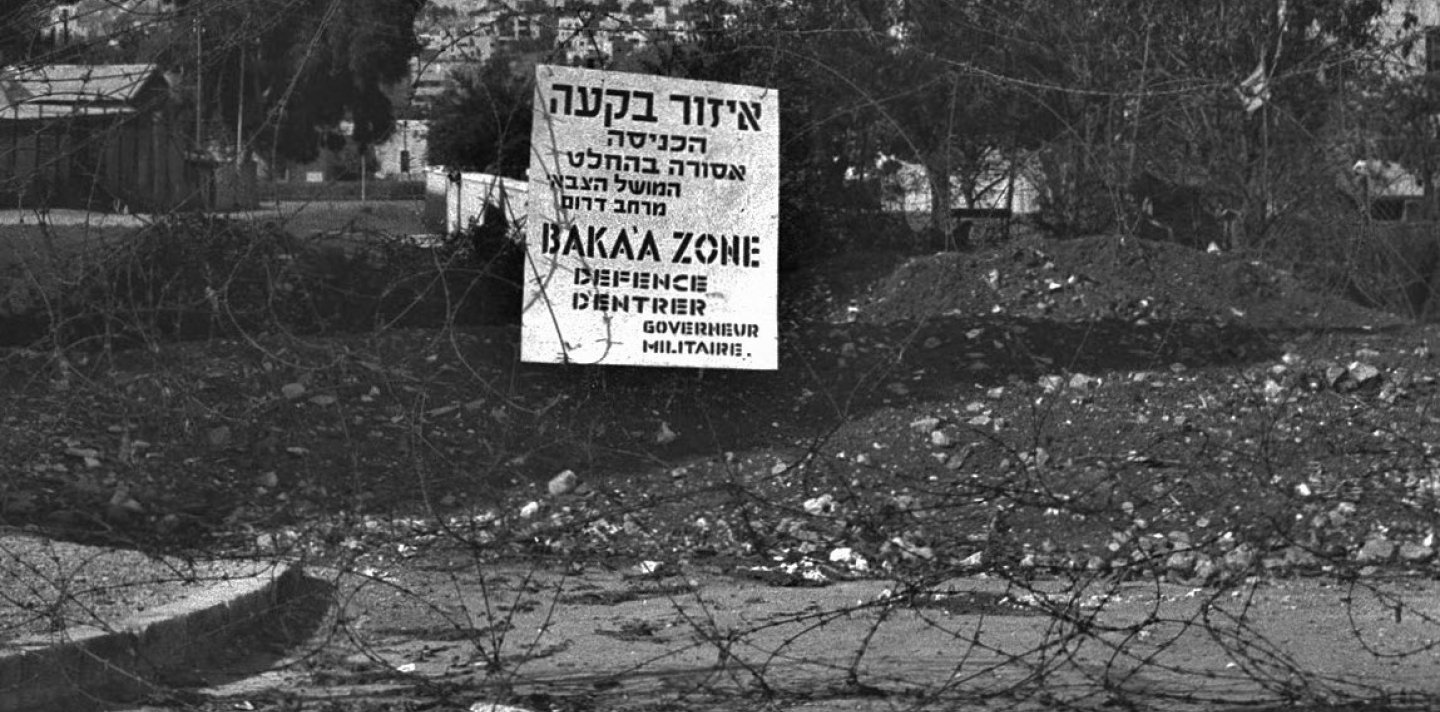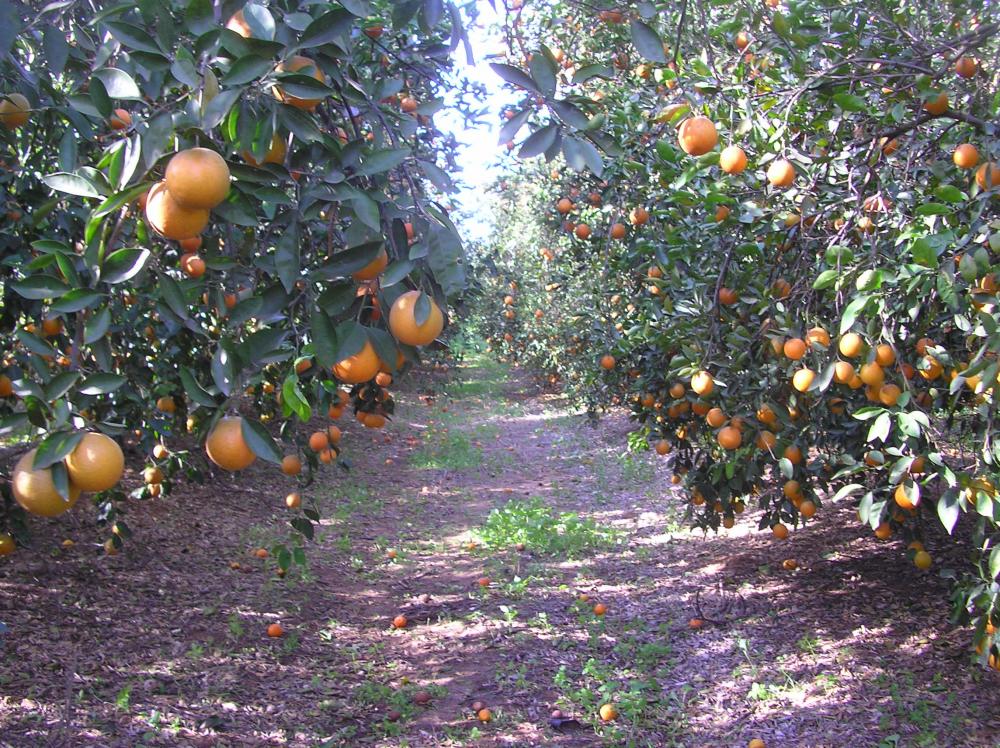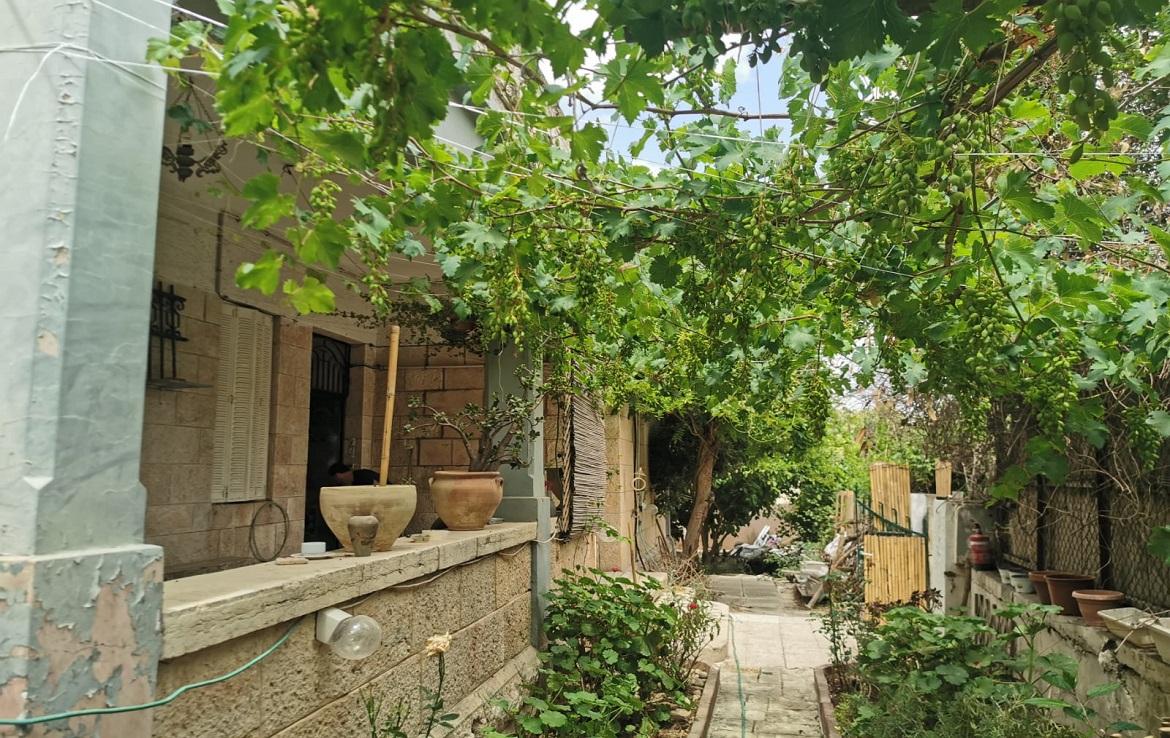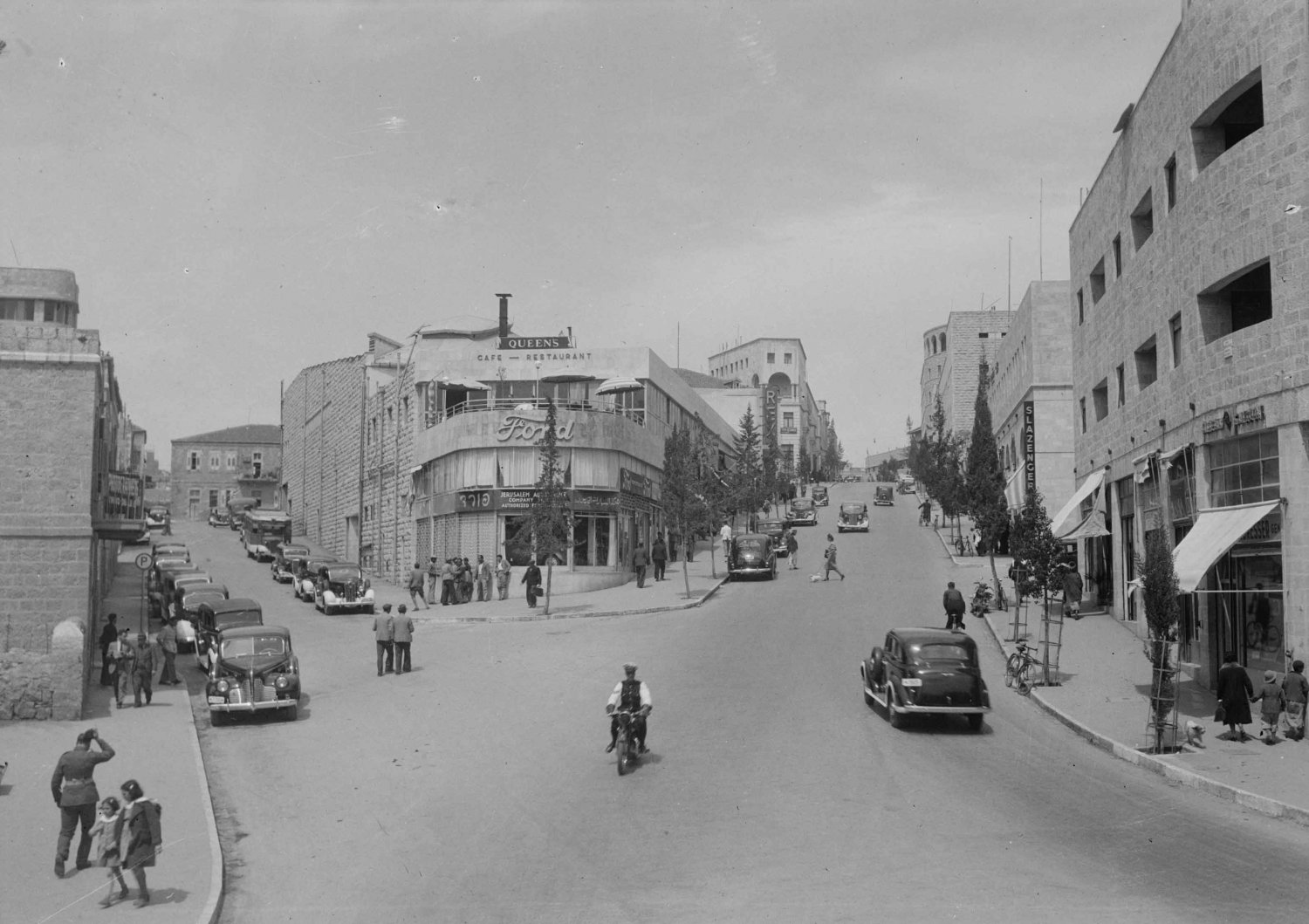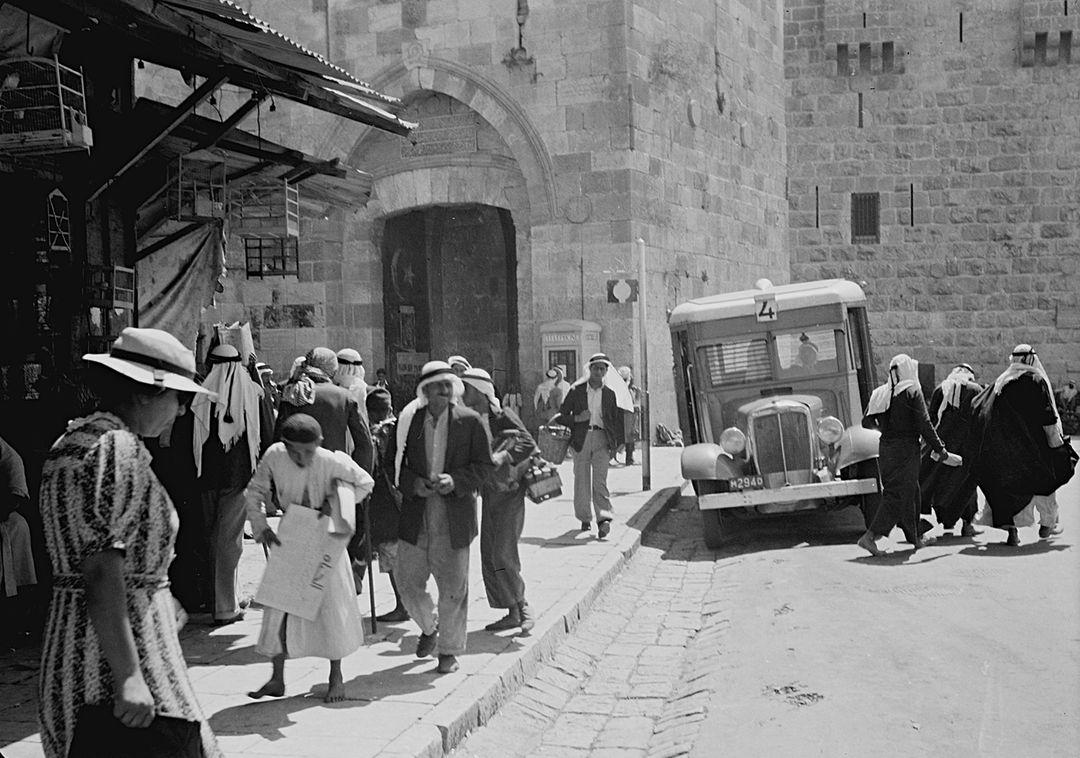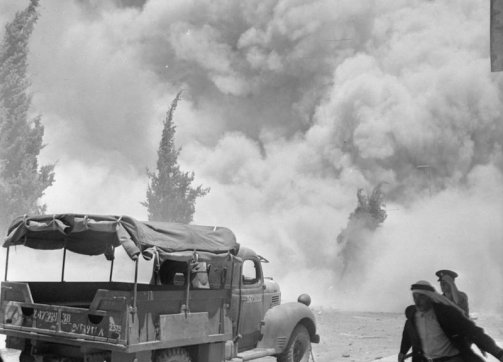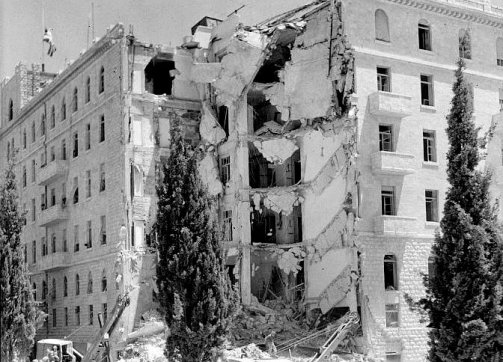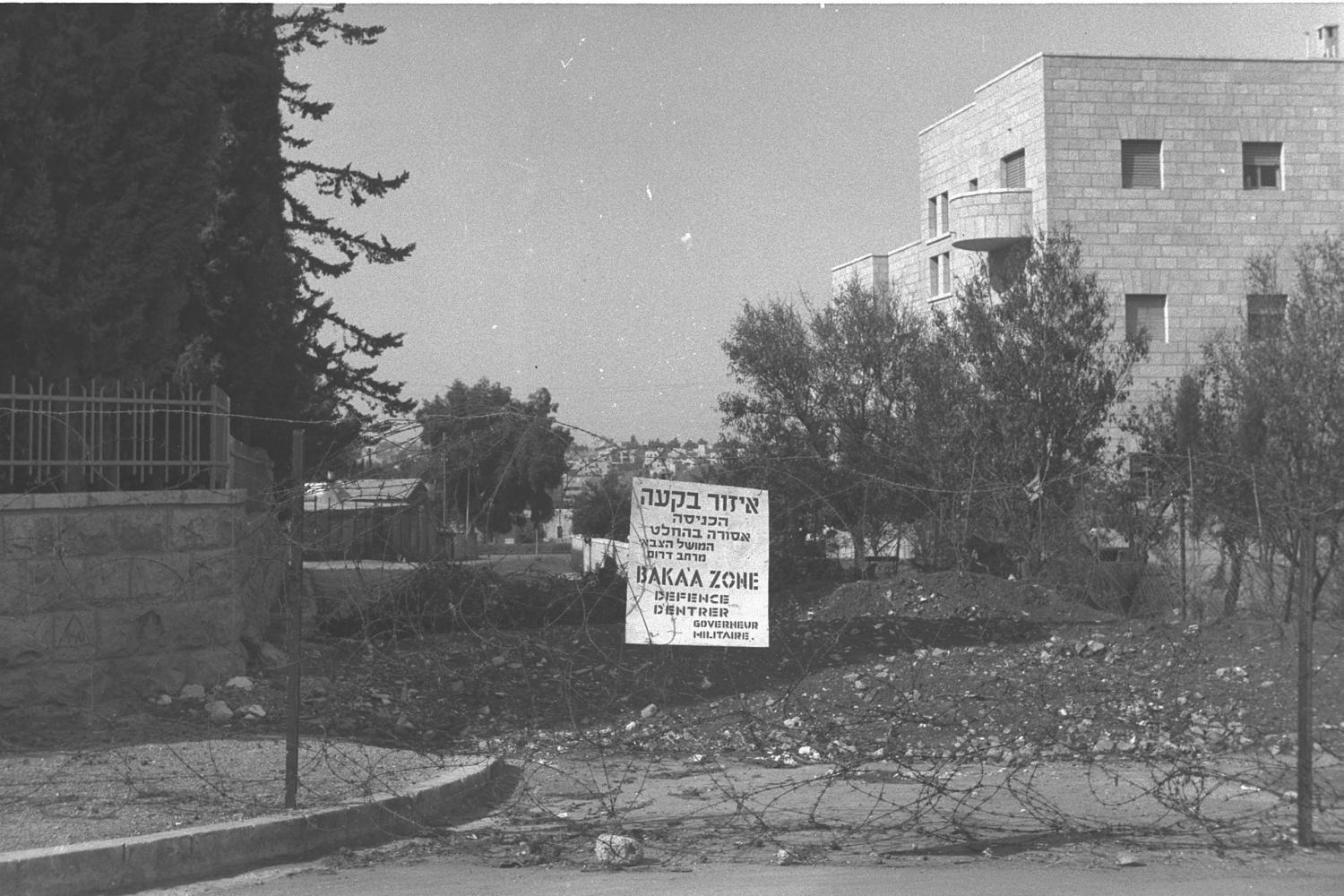I vividly remember my mother and father debating what to do. They feared for our safety and security. Yet, Baba insisted that this was our home, and Mama agreed that we must remain sumud—steadfast. Instead of fleeing West Jerusalem, we resolved to seek temporary refuge at the German Colony Hospice to protect ourselves from the violence. The Colony encompassed a church, a school, a hospital, and a convent for the nuns, and it was only a fifteen-minute walk down the street. My mother was convinced that her longtime special friendship with the nuns would harbor and protect us. After all, for many years they had looked after most of our medical needs at their clinic.
As the sun was setting that afternoon, Mama was baking fresh khubz, pita bread, in our backyard cooking oven. Inside she was preparing chicken with rice and mlukhiyyi, a green leafy vegetable, along with waark e’nib, grape leaves stuffed with meat and rice. Since our home was on a hilltop, from our back yard we could see the advancing armored vehicles closing in on our neighborhood. For our safety, Baba immediately split us up by sending Mama, all the girls, and the youngest boys to the German Colony leaving him, Mihran, Daoud, and Suleiman to follow us a little later when the food was ready.
The walk to the colony seemed endless, as we heard the sound of bombs and bullets nearby, and felt the earth shake beneath us. We saw the Zionists’ armored trucks and troops rushing in all directions, preoccupied and not paying much attention to us.
We walked close together, holding hands tightly. Mama walked quickly, leading the way while keeping little Zakaria close to her. Wedad and Fedwa marched together. Fahima held my hand, dragging me firmly—one step of hers, two of mine. “We must keep pace,” she said to me, trailing close behind. “Yalla imshu, sur’a!” (“Let’s walk fast!”) Mama urged. We trembled and cried all the way. Yet, we reached the colony safely, and the nuns welcomed us.

